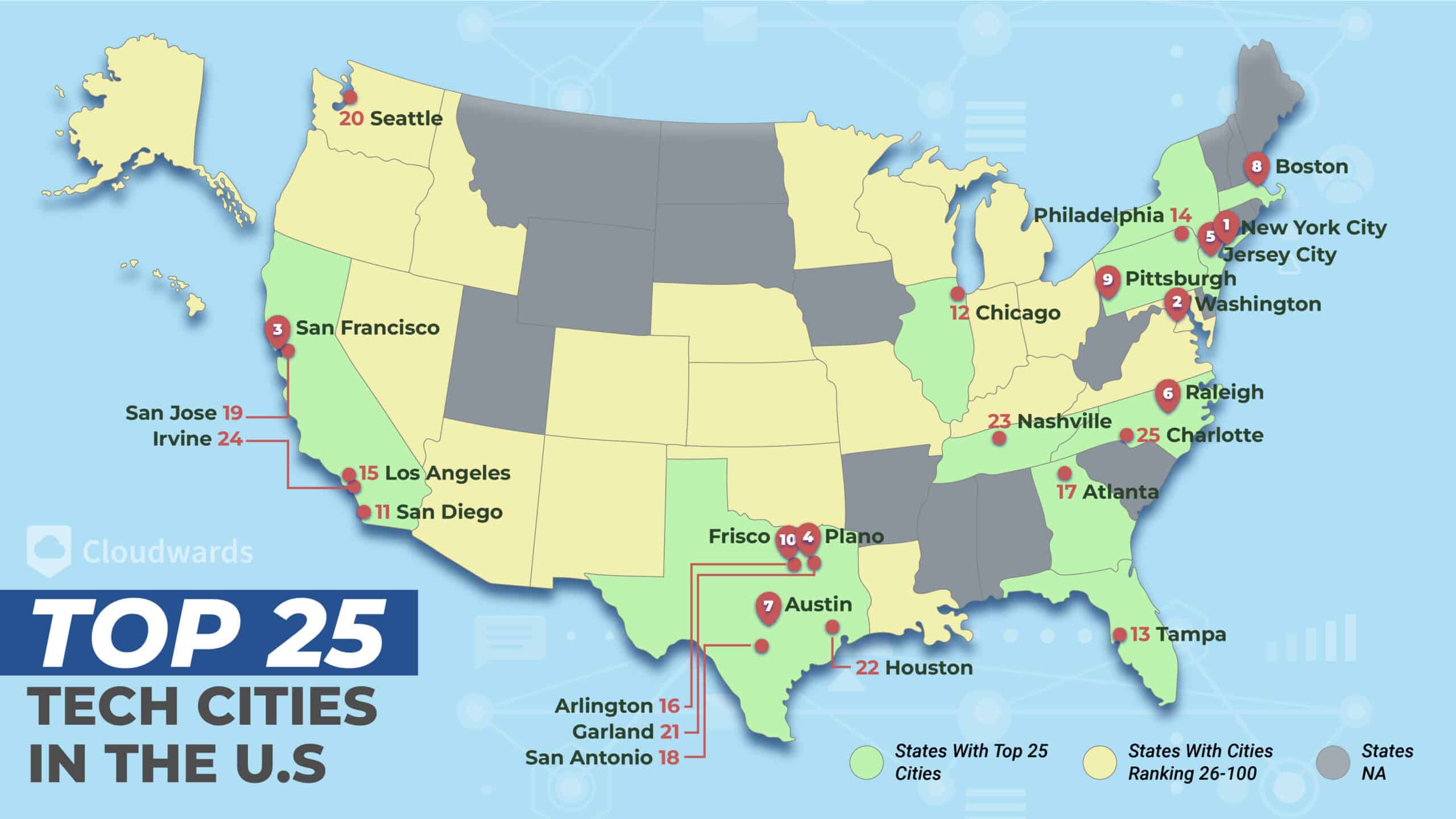UTSI's advisory board digs into cybersecurity's challenges, trends + tech
From The Board
In today's digital landscape, the convergence of Information Technology (IT) and Operational Technology (OT) presents both opportunities and challenges for critical infrastructure asset owners and operators.
UTSI, a leading systems integrator of OT technology, has assembled an OT Cybersecurity Advisory Board to address these challenges and highlight standard processes and best practices to evaluate and secure these environments.
“We are excited about the strength of our esteemed Advisory Board and are confident that these strategic alliances will enhance our competitiveness,” says Shaun Six, president of UTSI International.
A few of the drivers of OT and IT convergence include increased efficiency, enhanced data, and improved remote monitoring and control capabilities. It exists to promote the promise of connectivity, data visualization, and to enable AI and better decision-making.
Key challenges
However, there are challenges. Increased attack surface, legacy systems, and infrastructure, as well as differing security requirements and regulatory and compliance challenges are all present.
“As we witnessed our global infrastructure recover from the largest outage on July 19, this is a clear and present example of how the application of technology between IT/OT can have an impact on the underlying interdependencies in critical systems and infrastructure," says Cherise Esperaza, co-founder and president of Security Gate. "Therefore, there is an ever-increasing need for resources to be expended for this endeavor, and understanding the areas of risk alongside business outcomes as it relates to the convergence will be a critical to ensuring optimal availability of these systems.”
Increased monitoring
When it comes to security monitoring and incident response, it's vital to incorporate new tools to monitor, meeting the same standards as legacy assets and reporting vulnerabilities.
"Continuous monitoring is one of the most critical aspects of securing your IT/OT infrastructure," offers Eric Rippetoe, former CISO of Federal Energy Regulatory Commission and UTSI cybersecurity consultant. "Automated tools coupled with mature processes allow organizations to rapidly detect security threats and enable teams to quickly respond to address issues. Having a security incident and not knowing about it could result in huge remediation costs and major long-term reputational damage."
Emerging technology and trends
With the rise of AI, it makes sense now more than ever to follow the principle of "never trust, always verify." A Zero Trust architecture is a strategic approach to cybersecurity that secures an organization by eliminating implicit trust and continuously validating every stage of a digital interaction.
In line with this approach, UTSI International Corporation, as a Gold Partner of ThreatGEN, has been intensively utilizing ThreatGEN's AutoTableTop™ incident response tabletop exercise simulation tool. This advanced technology is helping UTSI provide meaningful tabletop exercises to their client base, particularly in high-risk SCADA and OT environments.
Clint Bodungen, president of ThreatGEN, emphasizes the tool's significance: "This tool is designed to sharpen incident response capabilities for teams operating in critical SCADA and OT environments. In these high-stakes settings, where system availability is paramount and the consequences of failure can be catastrophic, AutoTableTop™ provides an unparalleled platform for realistic, AI-driven tabletop exercises. It allows teams to practice and refine their responses to a wide range of scenarios, with practically zero planning time required, ensuring they're prepared for the unique challenges posed by industrial control systems where even a minor slip-up could have deadly consequences. This application of advanced simulation technology aligns with the industry's move towards more robust and realistic cybersecurity training, especially in sectors where the stakes are exceptionally high."
In conclusion
The convergence of IT and OT presents significant cybersecurity challenges for critical infrastructure. However, by understanding these challenges and implementing effective strategies, organizations can protect their essential systems from cyber threats.
“Maintaining an accurate inventory of assets poses a significant challenge for companies with control system networks," says Derek Harp, chairman, Control System Cyber Security Association International. "As outlined in our 2024 OT Cybersecurity Technology Report, not only is it difficult to identify these assets, but understanding their communication adds an additional layer of complexity. Typically, companies only gain a snapshot of their OT network status and assets' interactions during periodic assessments. Not surprisingly, our research also indicates that the frequency of these critical evaluations is increasing.”
The role of UTSI's OT Cybersecurity Advisory Board, along with the use of advanced tools like Security Gate and ThreatGEN, is pivotal in navigating this complex landscape. As the threat landscape continues to evolve, proactive measures and ongoing investment in cybersecurity will be crucial to safeguarding our most critical assets.

